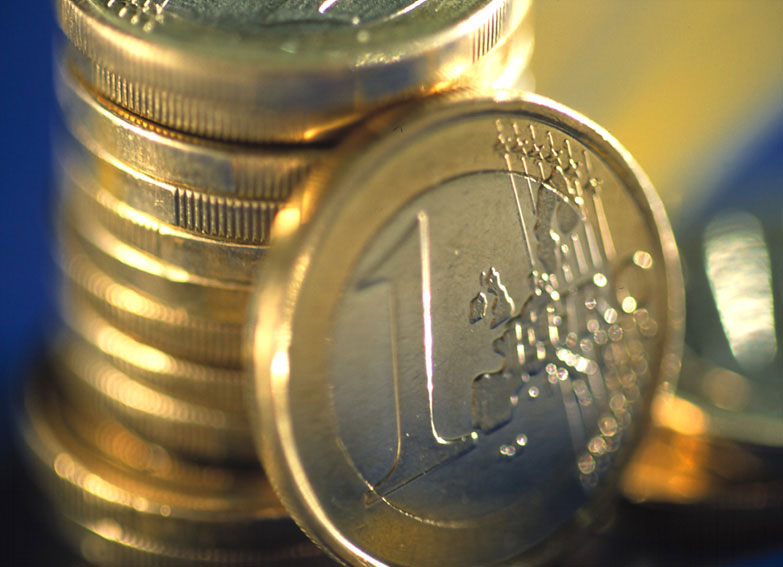The global financial crisis began 10 years ago and led to the European Union’s worst recession in its six-decade history. The crisis did not start in Europe but EU institutions and Member States needed to act resolutely to counter its impact and address the shortcomings of the initial set-up of the Economic and Monetary Union. Decisive action has paid off: today, the EU economy is expanding for the fifth year in a row. Recent economic developments are encouraging but a lot remains to be done to overcome the legacy of the crisis years. The European Commission is fully mobilised to deliver on its agenda for jobs, growth and social fairness.
Vice-President Valdis Dombrovskis, responsible for the Euro and Social Dialogue, said: “Thanks to the determined policy response to the crisis the EU economy is now firmly recovering and the Economic and Monetary Union is stronger than before. We need to build on this progress, completing the financial union, reforming our economies to foster convergence, inclusiveness and resilience, and maintaining sustainable public finances. In doing so, we should pursue a balanced approach where risk reduction and risk sharing go hand-in-hand and the unity of the single market is preserved.”
Commissioner Pierre Moscovici, responsible for Economic Affairs, Taxation and Customs, said: “Ten years after the global crisis began, the recovery of the European economy has firmed and broadened. We must use this positive momentum to complete the reform of our Economic and Monetary Union. Not all legacies from the past correct automatically. We have seen greater social and economic divergences develop in and among Member States. It is essential that our work going forward contributes to the real and sustained convergence of our economies.”



